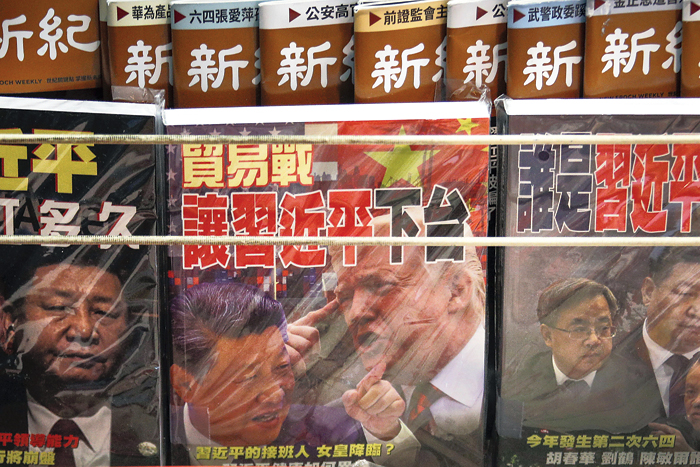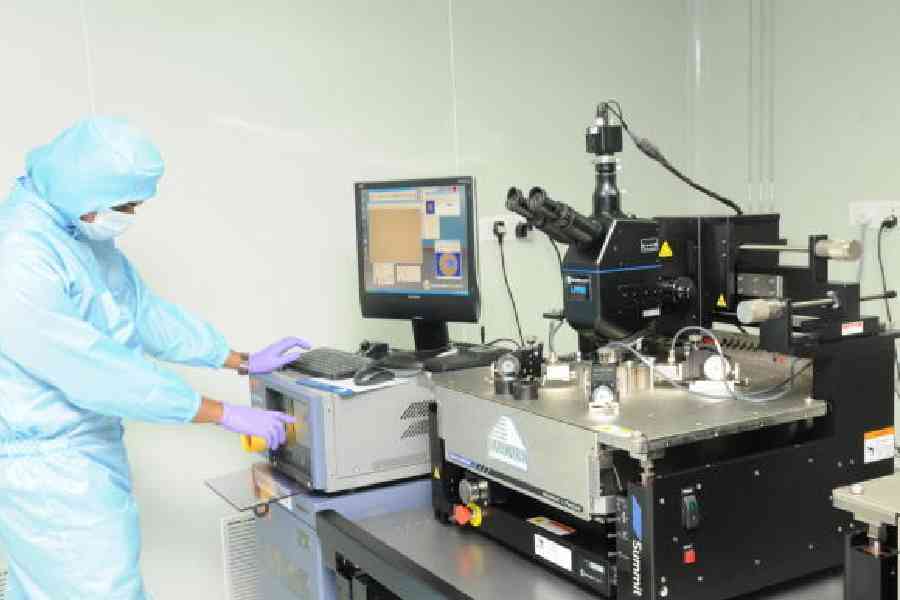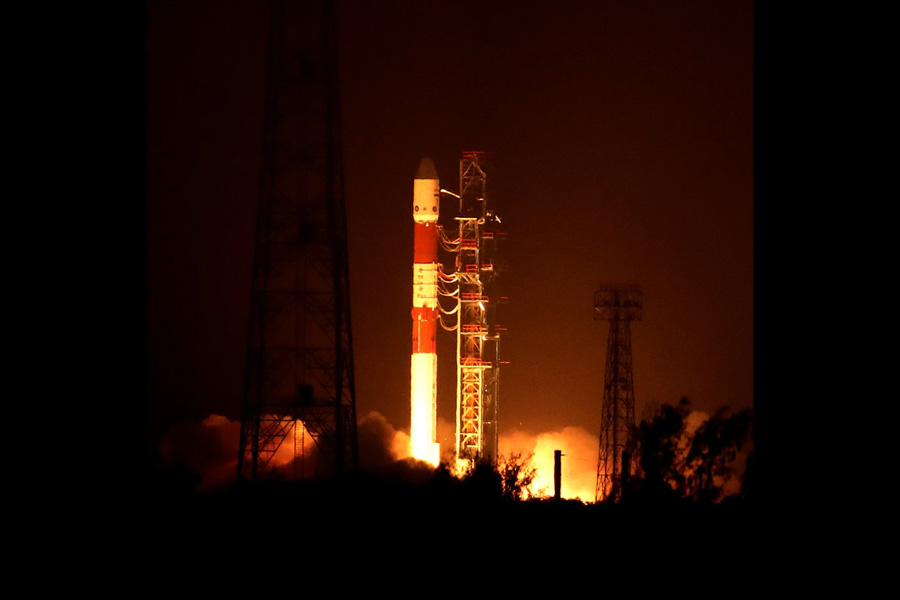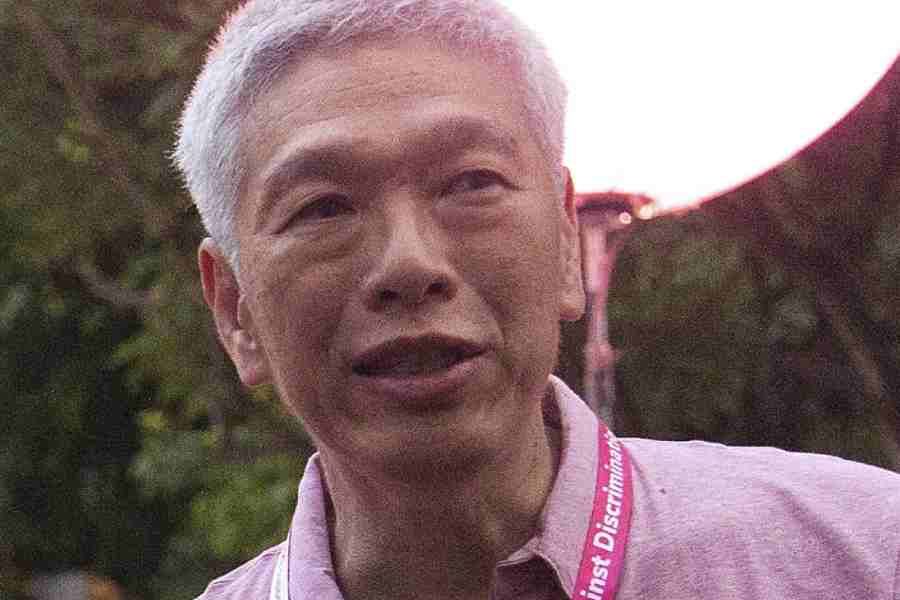China extended a modest olive branch to President Trump on Wednesday, publishing a short list of products that it will exempt from its retaliatory tariffs on American-made goods.
But the list does not include big-ticket items, like soybeans and other agricultural goods, that the Trump administration would likely consider key to getting a trade deal done with China.
Cancer drugs, lubricants, pesticides, shrimp meal and a number of other products will be excluded from a list of American goods subject to tariffs, China’s ministry of finance said in a statement on its website.
China first threatened to place tariffs on many of those goods last year, as the trade war began to heat up. Tariffs that have already been imposed will also be refunded, the ministry said. It added that further exemptions will be announced in the upcoming weeks.
The list comes ahead of scheduled talks next month between China’s top trade negotiator, Liu He, and senior members of the Trump
administration in Washington. Reaching a deal will be tough, however. Trump has already said he would raise tariffs to 30 per cent from 25 per cent on $250 billion in Chinese goods, including everything from cars to aircraft parts, on October 1.
The ministry’s announcement came during a visit to Beijing by American business executives to meet senior Chinese government officials in hopes of fostering a trade dialogue. “The time is now to strike a deal that addresses the US’s legitimate concerns about market access, forced technology transfer, subsidies and digital trade, while concurrently removing punitive and retaliatory tariffs,” said Myron Brilliant, vice-president of the US chamber of commerce, which organised the visit, in a statement.
A number of the items, like cancer drugs, are considered important by the Chinese government. Although Beijing has made pharmaceutical innovation a national priority, China’s drug development is in the earliest stages compared to the broader industry.
At the same time, China’s demand for life-saving drugs is growing as its population ages and suffers from more chronic diseases, like cancer.
Many Chinese people seeking life-saving drugs buy their medicine from Hong Kong and Macau, Chinese territories that operate under different laws than the mainland. Online forums are devoted to discussing smuggling generics from India.
In August, the government said it would reduce the penalties for the sale and import of unapproved drugs, effectively giving critically ill patients the green light to get cheaper generic pharmaceuticals from other countries.
Argentine soy boost
Argentine soy farmers and crushers expect a boost in demand next year after the South American grains giant won long-sought approval from China to export soymeal, its top commodity, to the world's biggest consumer of the livestock feed.
Argentina's government announced on Tuesday that China would allow the import of its soymeal for the first time following decades of talks. That agreement will be formalised in Buenos Aires on Wednesday.
The deal paves the way for Argentine farmers and soy processors to start sending shipments to China from early 2020.










